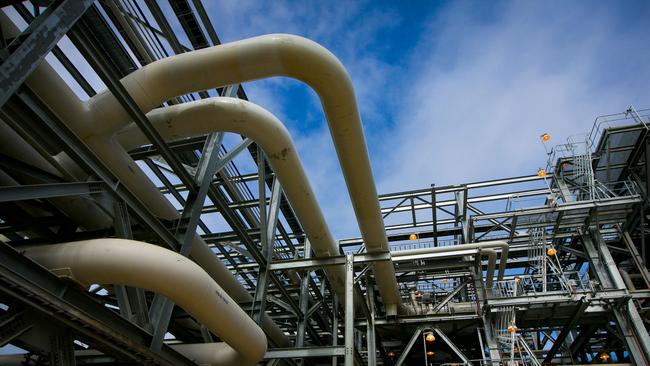Energy users call for setting up of public gas company
Energy users call for setting up of a public gas company in drastic bid to curb high prices.

Energy users have called for the creation of a public gas company to act as a wholesale producer and reduce the power of monopoly incumbents, as a drastic measure to stave off high prices which threaten the closure of industrial facilities.
Commercial and industrial users of gas are approaching a “tipping point” with a looming price shock and shortage of gas on the east coast predicted to result in many companies closing or cutting production if the extra costs can’t be passed onto customers, the Energy Users Association of Australia has warned today.
The users have called for the establishment of a short-term domestic gas support fund which may halve the price of gas and the establishment of a commonwealth gas company to ease pressure on the industry.
The first stage of a public gas company would provide help for junior developers to get new supply to market, increase liquidity and reduce the power of monopoly producers while a second phase would see the company take a position as a gas wholesaler in addition to its co-ordination role.
“We note the commonwealth already owns Snowy Hydro which is set to become the most influential player in the wholesale electricity market so there is a clear precedent for government involvement in this way,” the EUAA says.
Members of the EUAA include some of Australia’s largest gas consumers including BlueScope Steel, Wesfarmers, Woolworths, Glencore, Incitec Pivot and Qenos.
The group says the lack of competitive gas pricing and supply reflects both market and government failure, reflecting the need for Canberra to intervene with domestic gas reservation also floated as an option.
The Australian Competition & Consumer Commission and major commercial users including Orica, Dow Chemical and Brickworks sounded the alarm last month on soaring energy costs as they struggle to compete with international rivals which enjoy cheaper tariffs despite holding less natural resources.
Orica is weighing the future of its Newcastle ammonia plant, with up to 300 jobs at risk as the high price of gas renders its Kooragang Island facility uncompetitive.
Users on the east coast now pay more than $12 per gigajoule of gas, up to four times historical levels as a squeeze on supplies and the linkage of international LNG pricing to the domestic market hits home.
Fertiliser and explosives marker Incitec Pivot and the nation’s largest petrochemicals producer Qenos have all raised concerns in recent months over their ability to keep plants running with energy costs in the southern states remaining high.
Orica said it is considering importing ammonia rather than producing its own supplies with a decision likely in the next few years when new investment in the project is required.



To join the conversation, please log in. Don't have an account? Register
Join the conversation, you are commenting as Logout